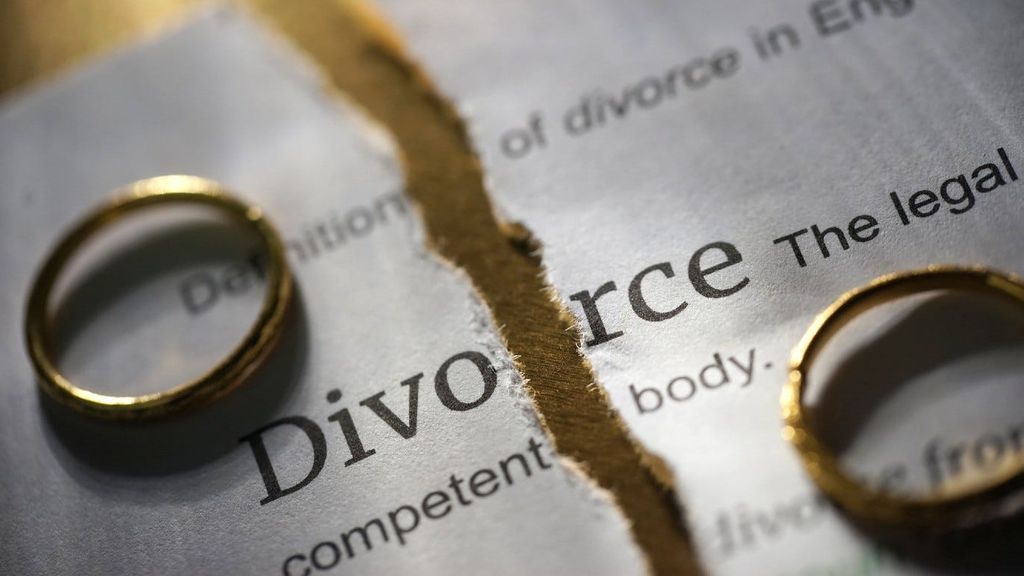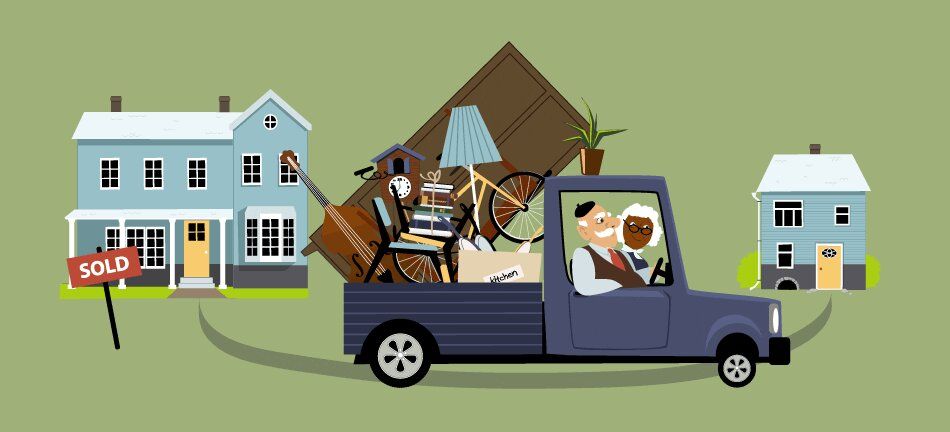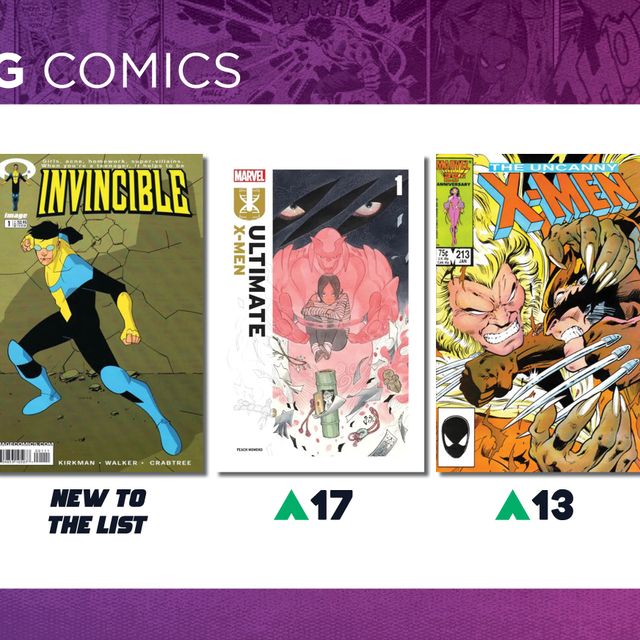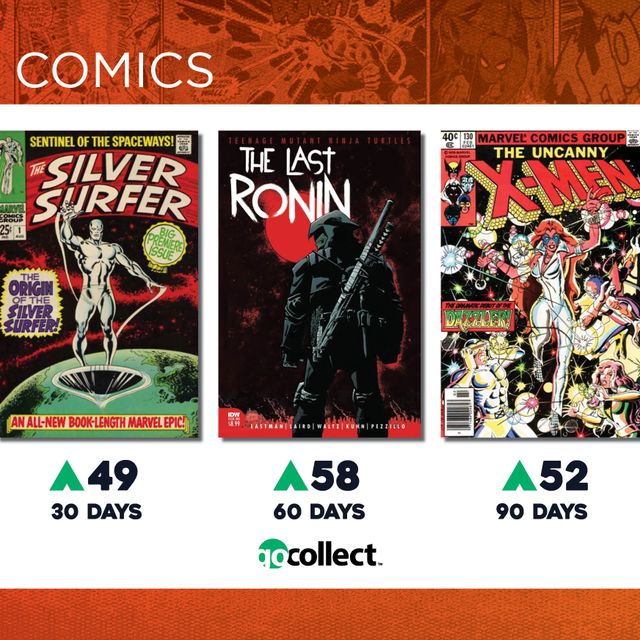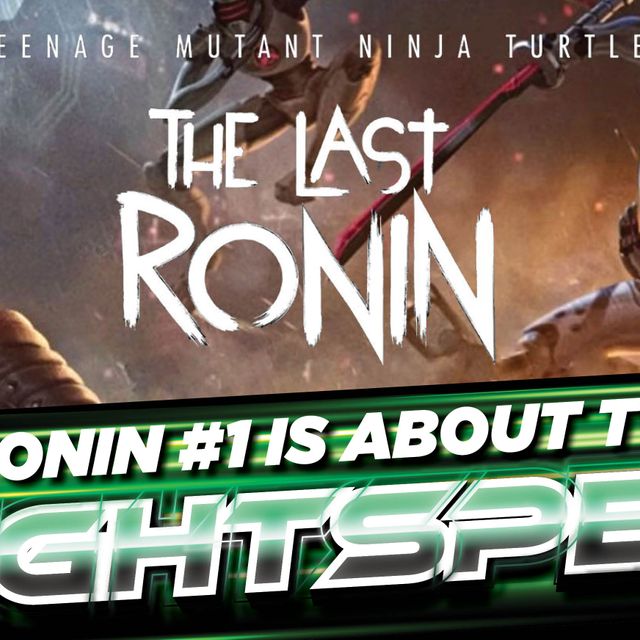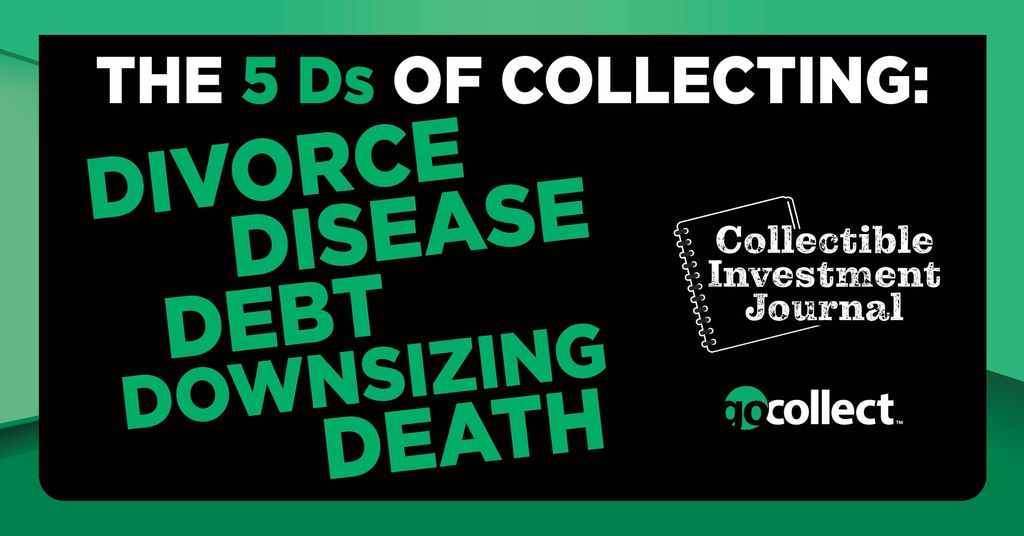
Collecting is a passion that brings joy and fulfillment to many individuals. The following topics are not joyful to think about, however, it is important to plan for unexpected events that may impact the future of your prized possessions.
Divorce
Divorce can lead to complex legal and financial proceedings, which may involve dividing assets, including collectibles. To safeguard your collection, consider the following steps;
- Maintain clear documentation: Keep detailed records, including purchase receipts, appraisals, and photographs, to establish ownership and value.
- Consider a prenuptial or postnuptial agreement: These legal agreements can provide clarity on the division of assets in the event of a divorce.
- Involve a professional appraiser: Obtain an independent appraisal of your collection to determine its value accurately.
Disease
Serious illness or disability can impact one's ability to manage a collection. To ensure its preservation;
- Establish a contingency plan: Appoint a trusted person as a power of attorney who can manage your collection if you become unable to do so.
- Share information: Provide comprehensive documentation to your designated representative, including inventory lists, storage information, and contact details for appraisers or specialists.\
Debt
Unforeseen financial difficulties can arise, potentially leading to the need to liquidate assets. Consider the following strategies to protect your collection;
- Maintain a diversified portfolio: Avoid overinvesting in a single type of asset to mitigate the impact of potential financial hardships.
- Regularly reassess your financial situation: Stay aware of any debt or financial obligations that may necessitate the sale of your collectibles.
- Explore insurance options: Obtain appropriate insurance coverage for your collection to protect against potential losses.
Downsizing
Life circumstances may require downsizing, such as moving to a smaller home or transitioning to assisted living. To manage this transition effectively;
- Evaluate your collection: Determine which items hold the most value, sentimentality, or significance to prioritize during downsizing.
- Seek professional advice: Consult with appraisers, collectors, or auction houses to understand the best avenues for selling or donating your collectibles.
Death
Planning for the transfer or disposal of your collection after death is crucial to preserving its value and ensuring your wishes are honored;
- Include collectibles in your estate plan: Designate specific beneficiaries for your collection in your will or establish a trust to manage its distribution.
- Communicate your intentions: Clearly communicate your wishes regarding your collection to your loved ones, executor, or attorney.
- Consider philanthropic options: Explore the possibility of donating your collection to a museum or charitable organization aligned with your interests.
While building a collection brings joy and fulfillment, it is equally important to plan for unexpected events that may impact the future of your prized possessions. By considering the 5 Ds—divorce, disease, debt, downsizing, and death—and implementing the suggested strategies, collectors can ensure the preservation, protection, and meaningful disposition of their collectibles.
Consult with legal and financial professionals for personalized advice tailored to your specific circumstances.

